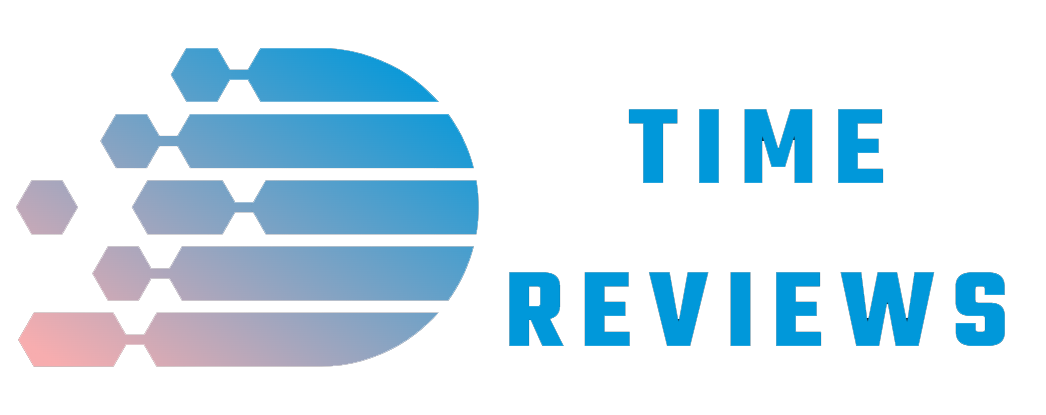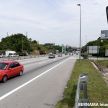Frequent travellers, do you know of any other country where vehicle number plates are not standardised and can be made at random shops, like in Malaysia? I can’t think of any at the moment, and even if there are such jurisdictions, surely they are in the minority? Perhaps with e-plates, Malaysia can move towards standardisation?
Deputy transport minister Datuk Hasbi Habibollah mentioned RFID-equipped electronic number plates in the Dewan Rakyat today, when answering a question on speed cameras. He said that there might be newer AWAS cameras in the future that are e-plate compatible.
“As for improvements, there may be additional newer cameras installed but not in their current form, at new locations but this is still being studied in regards to e-plate usage,” he said in response to a question by Libaran MP Datuk Suhaimi Nasir, reported by Malay Mail.
In March, transport minister Anthony Loke said that digital number plates would not be compulsory if Putrajaya introduces the system, as vehicle owners would incur additional costs to switch over. But if something like this is voluntary, take-up won’t be great, would it?
Going digital could mean that road blocks will be faster and easier, and it might make it more difficult for cloned cars and fake number plates to exist. It’s almost like cash versus digital transactions – what do you think of e-plates?
As for the number of AWAS cameras, there are currently 45 units across the country and Hasbi said studies by the Malaysian Institute of Road Safety Research (MIROS) found that compliance with speed limit and traffic laws camera locations exceeded 99%. This translates to much reduced risk of accidents at AWAS locations a.k.a. black spots.
The post More AWAS speed cameras at new locations, e-plate compatibility being studied – dep transport minister appeared first on Paul Tan’s Automotive News.




